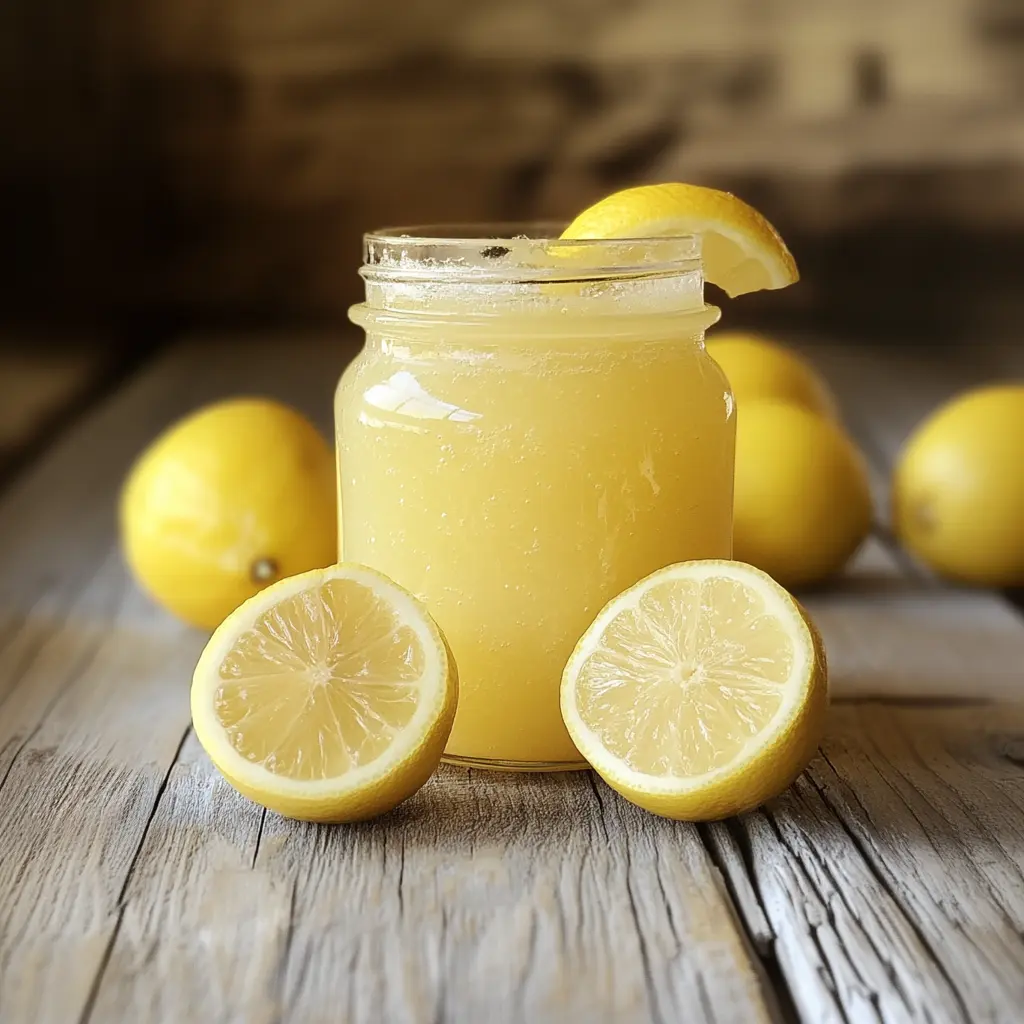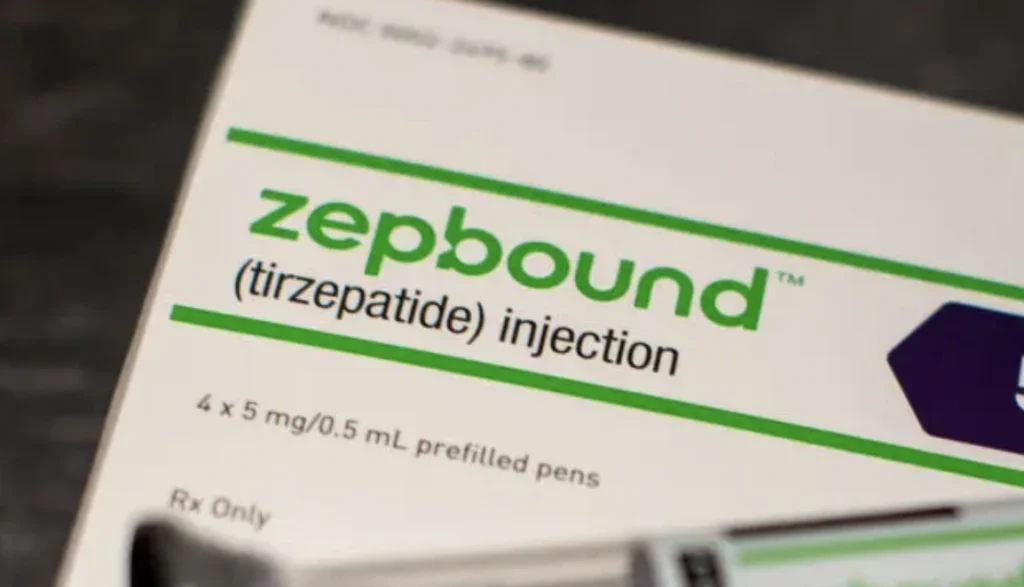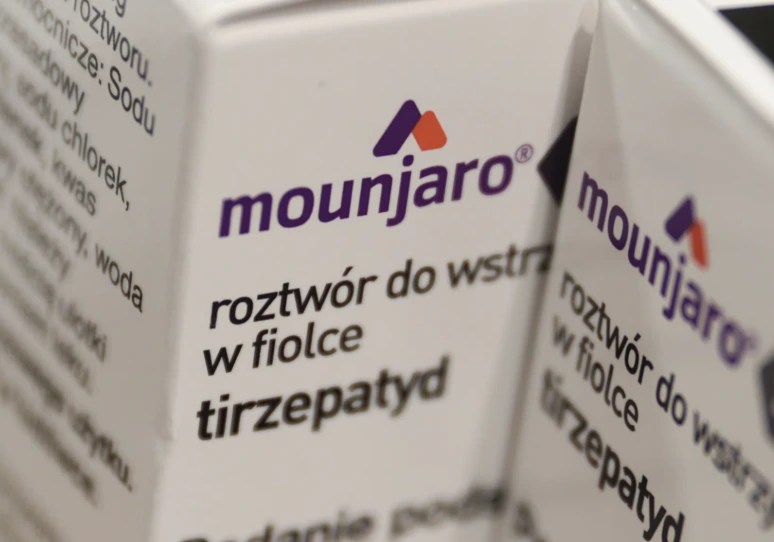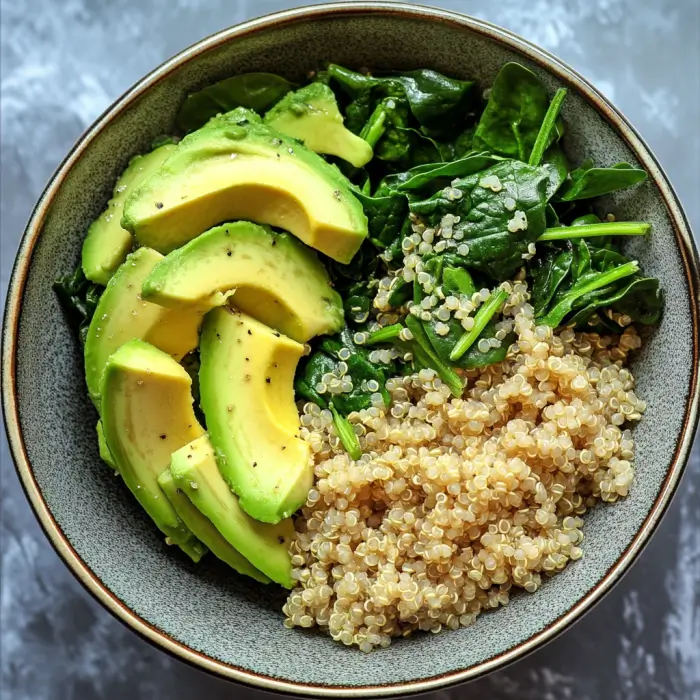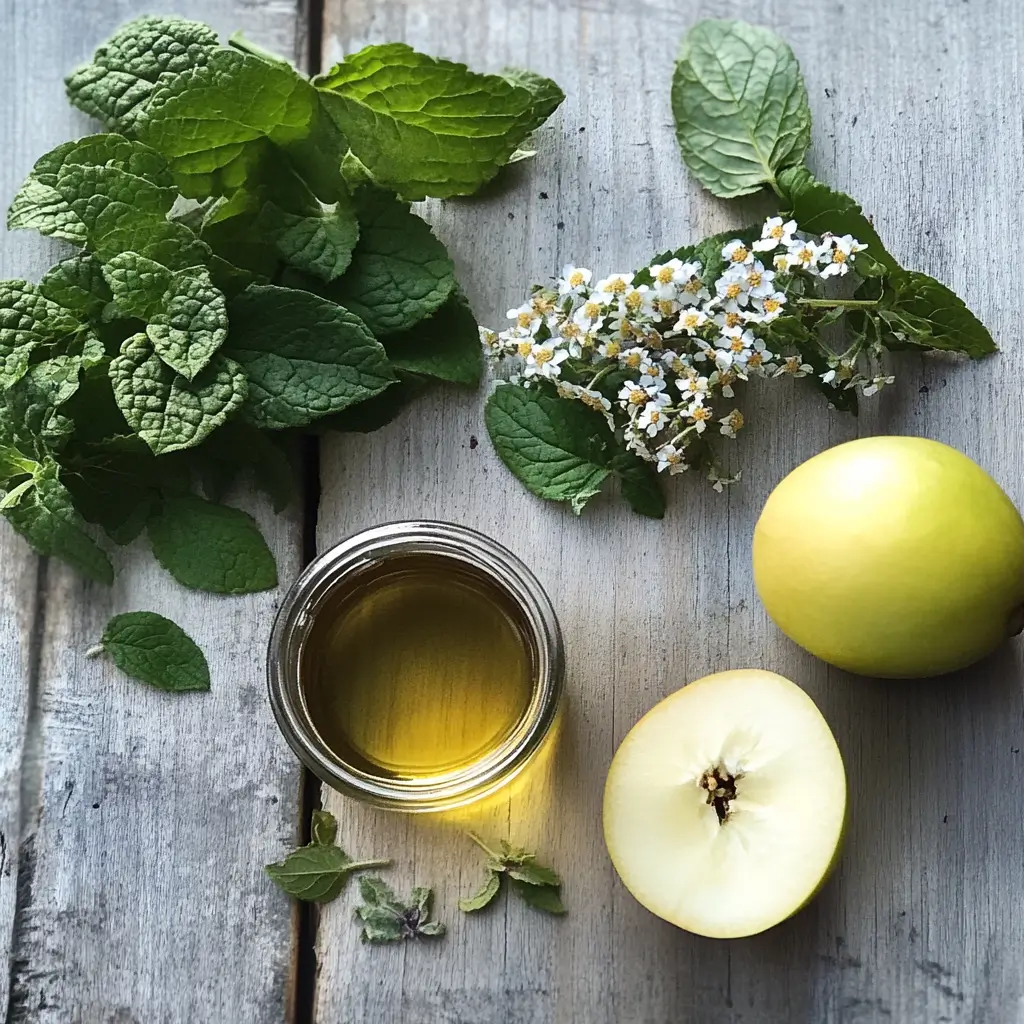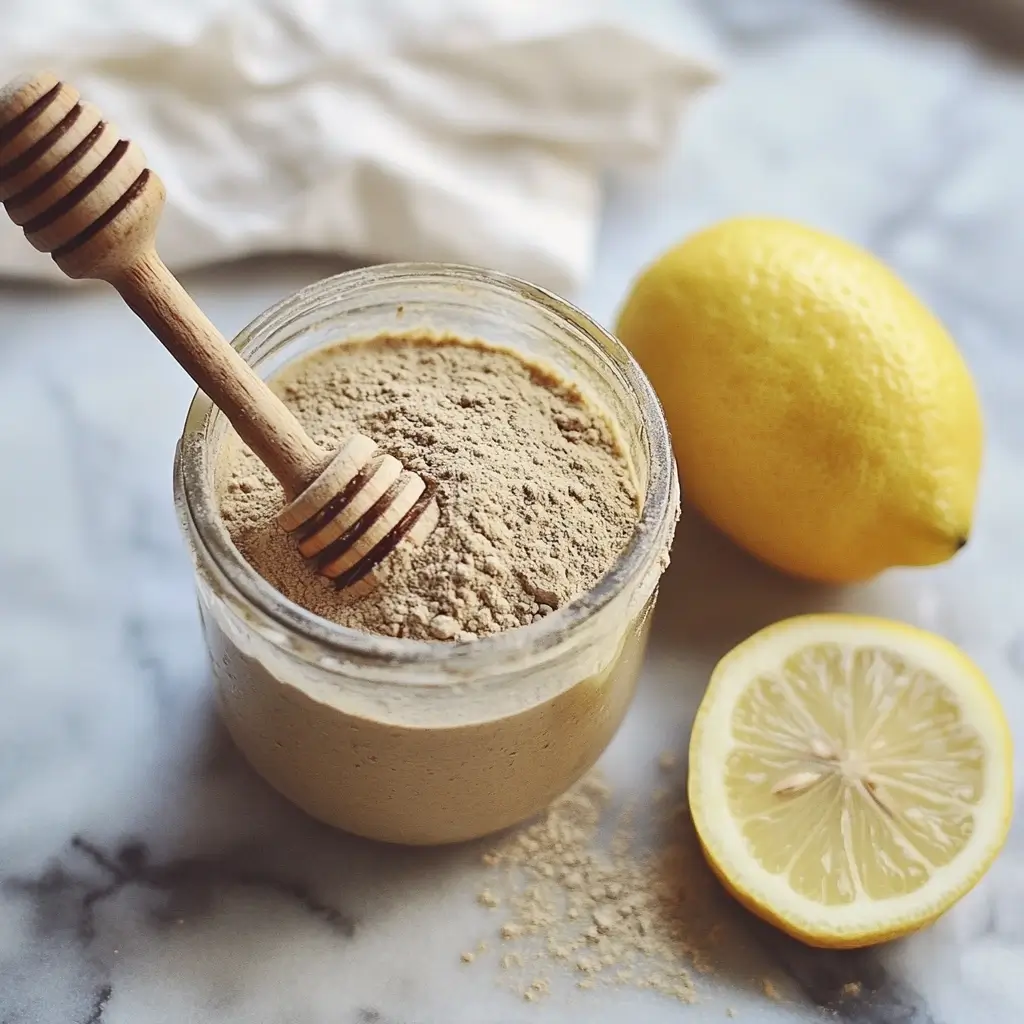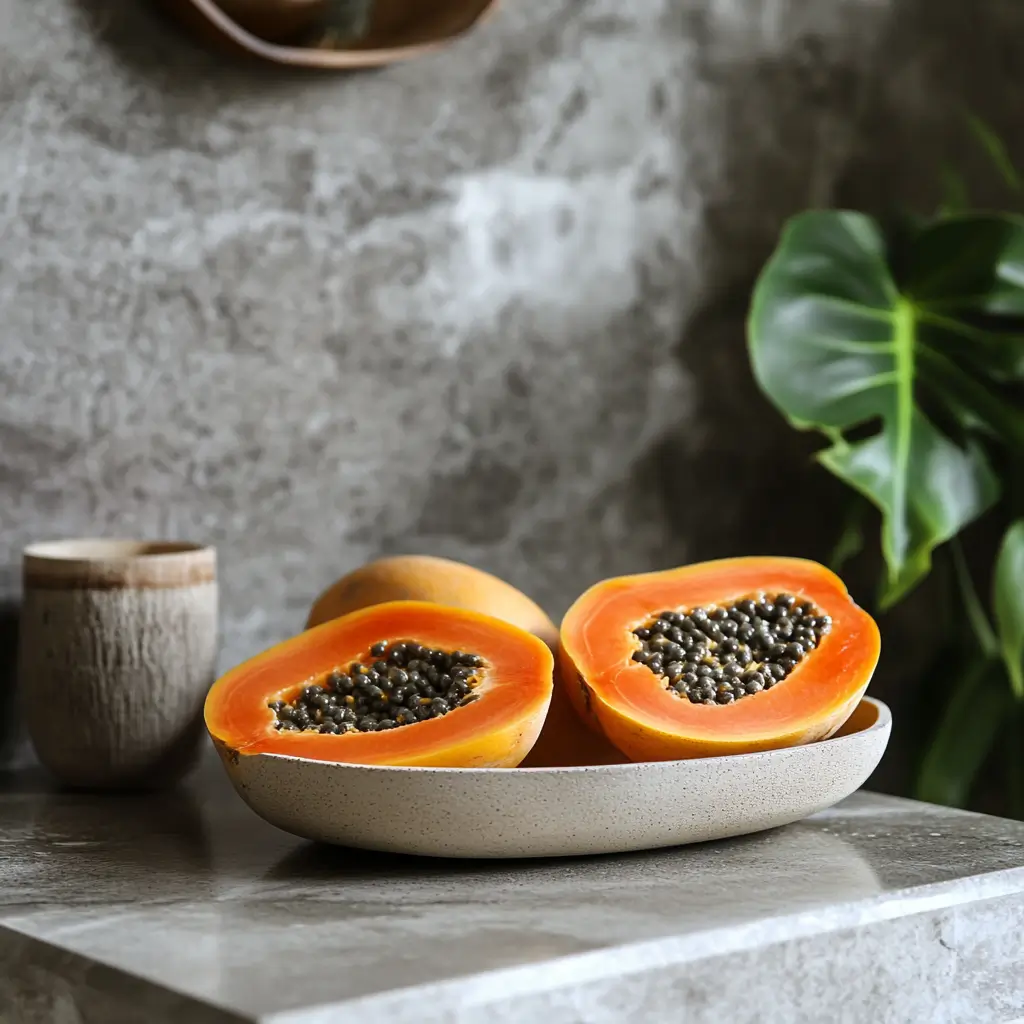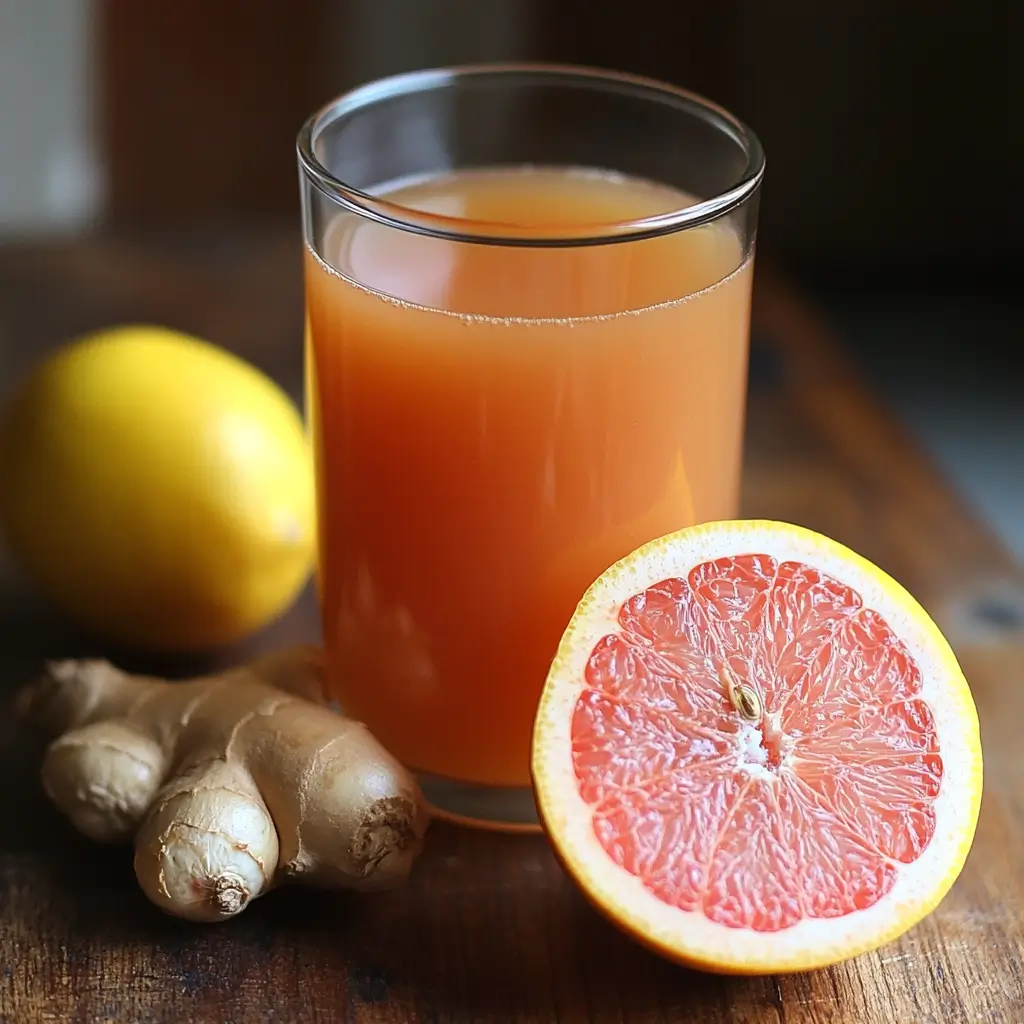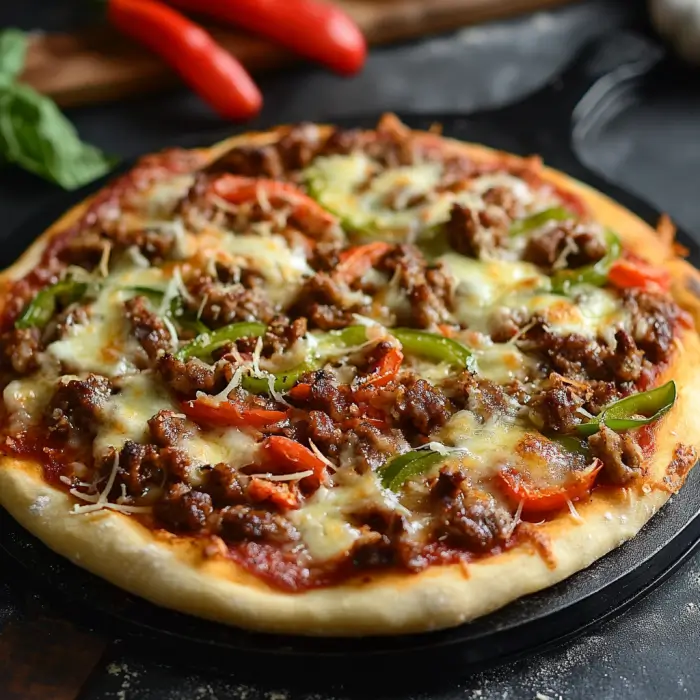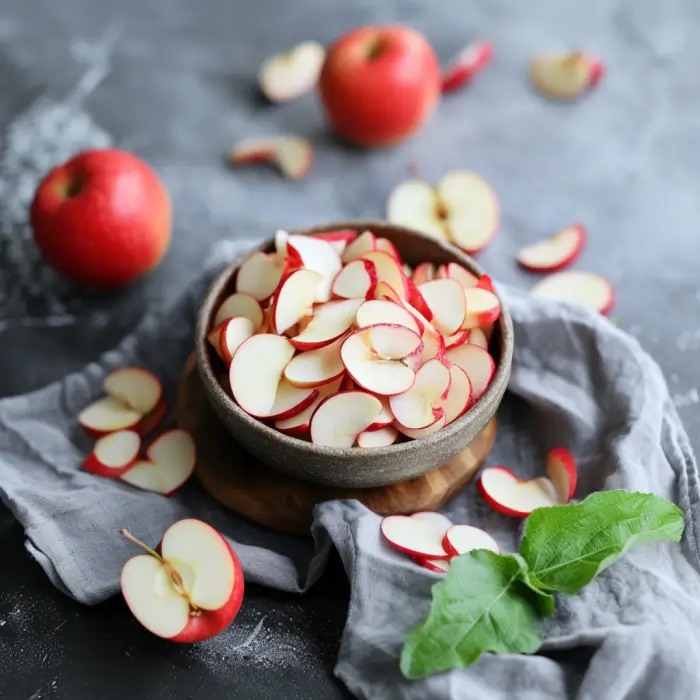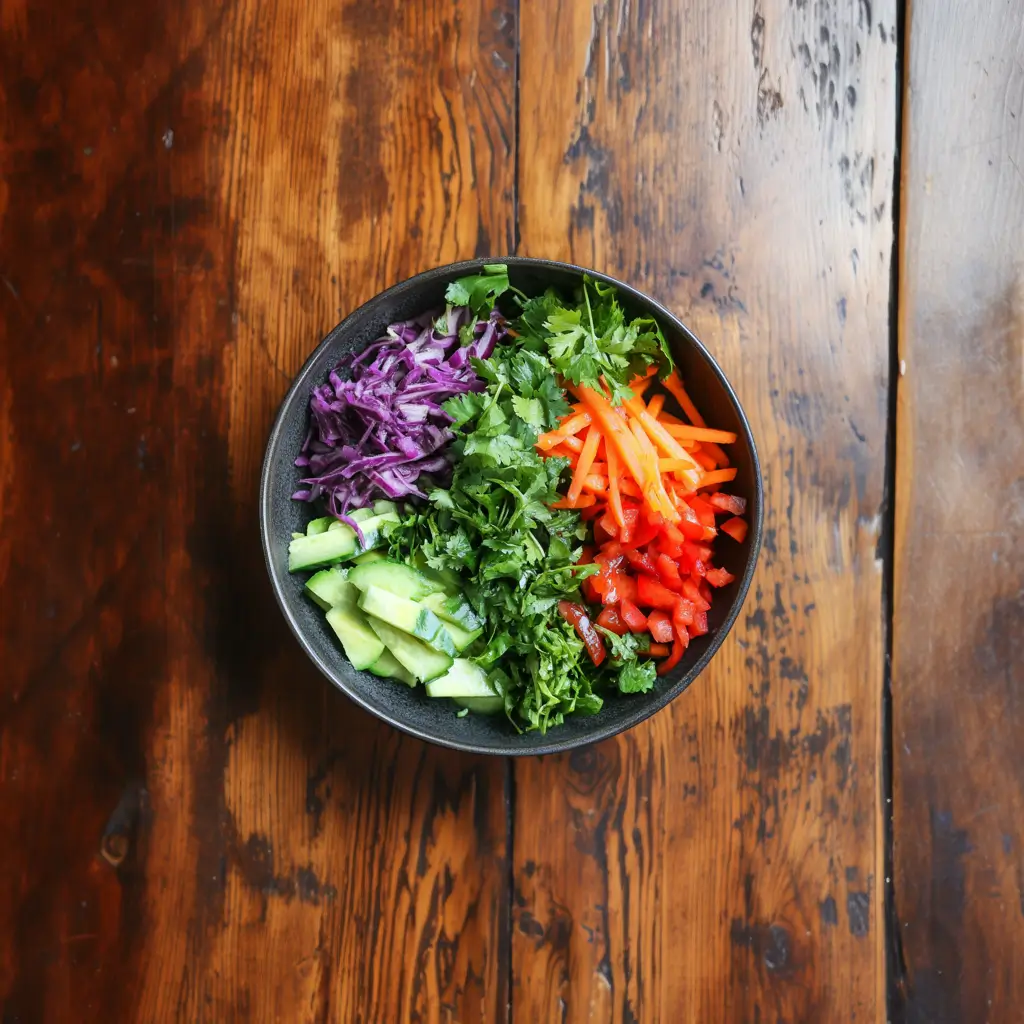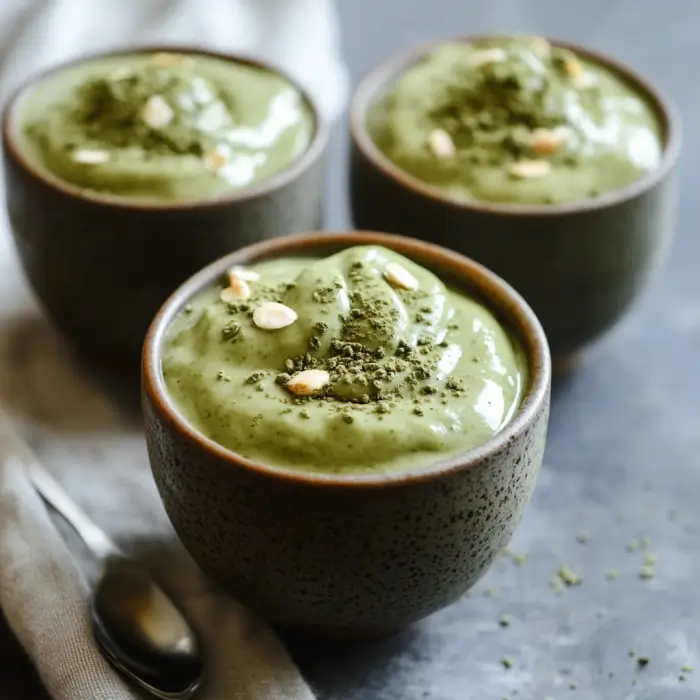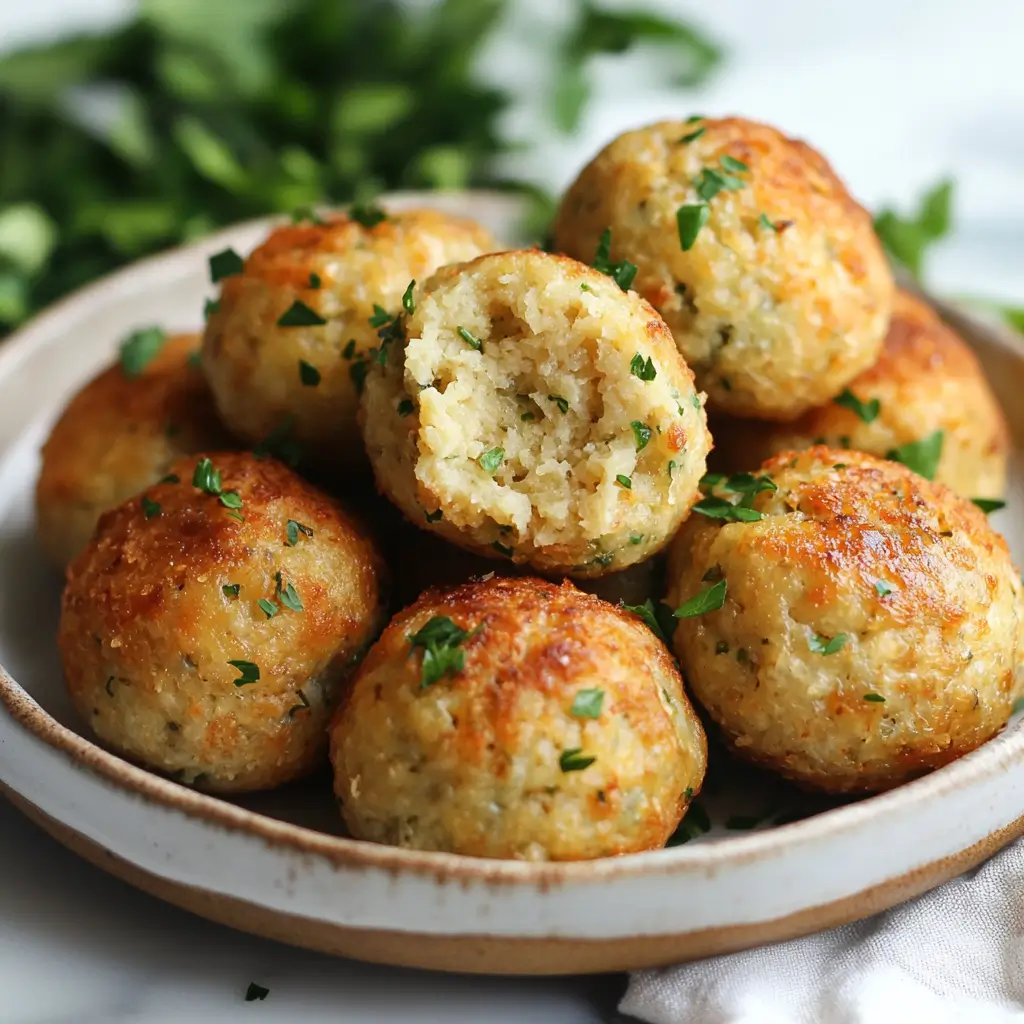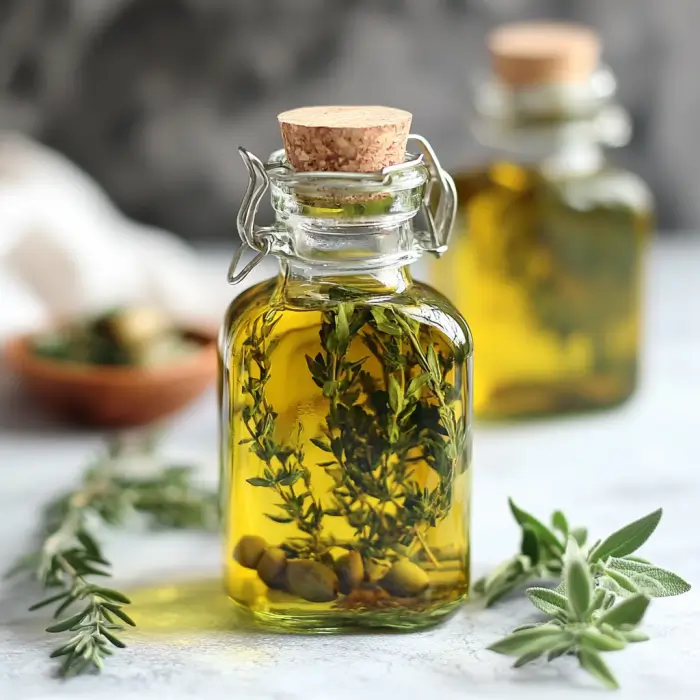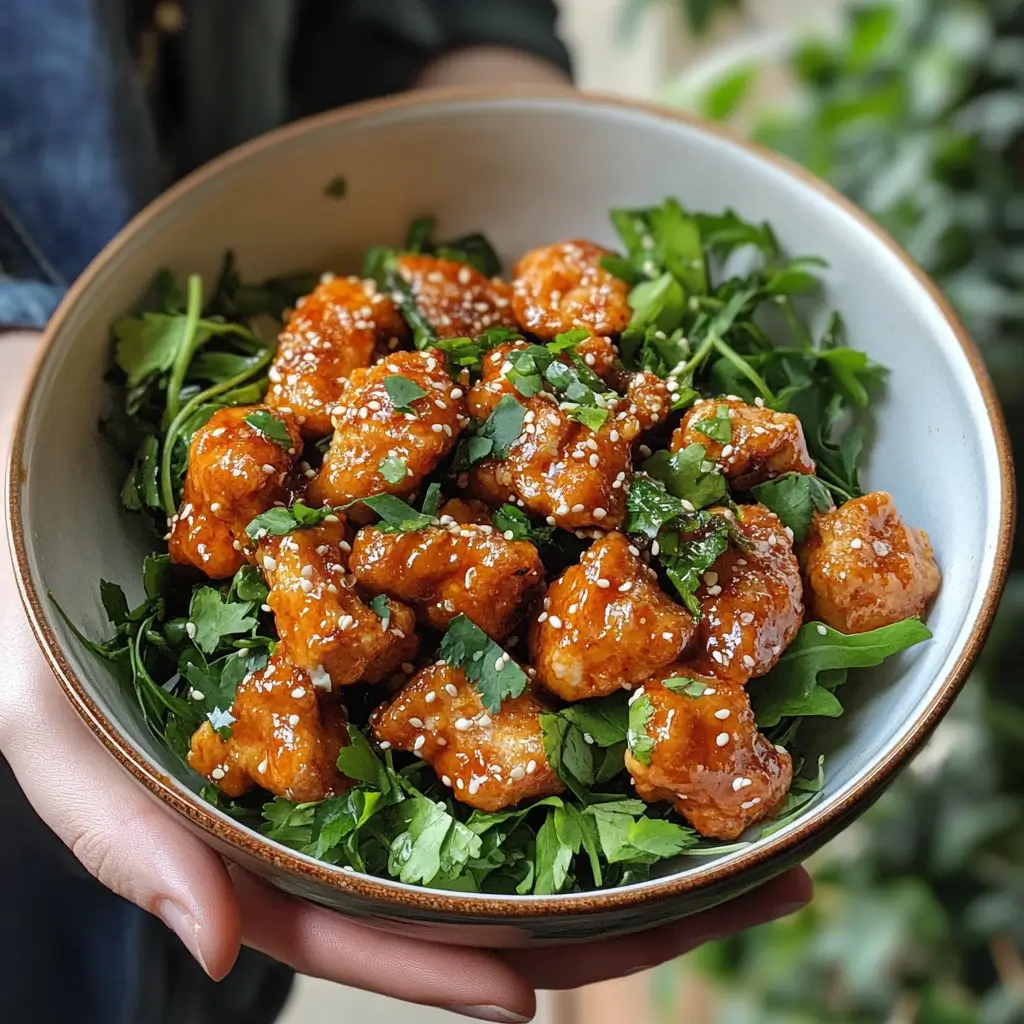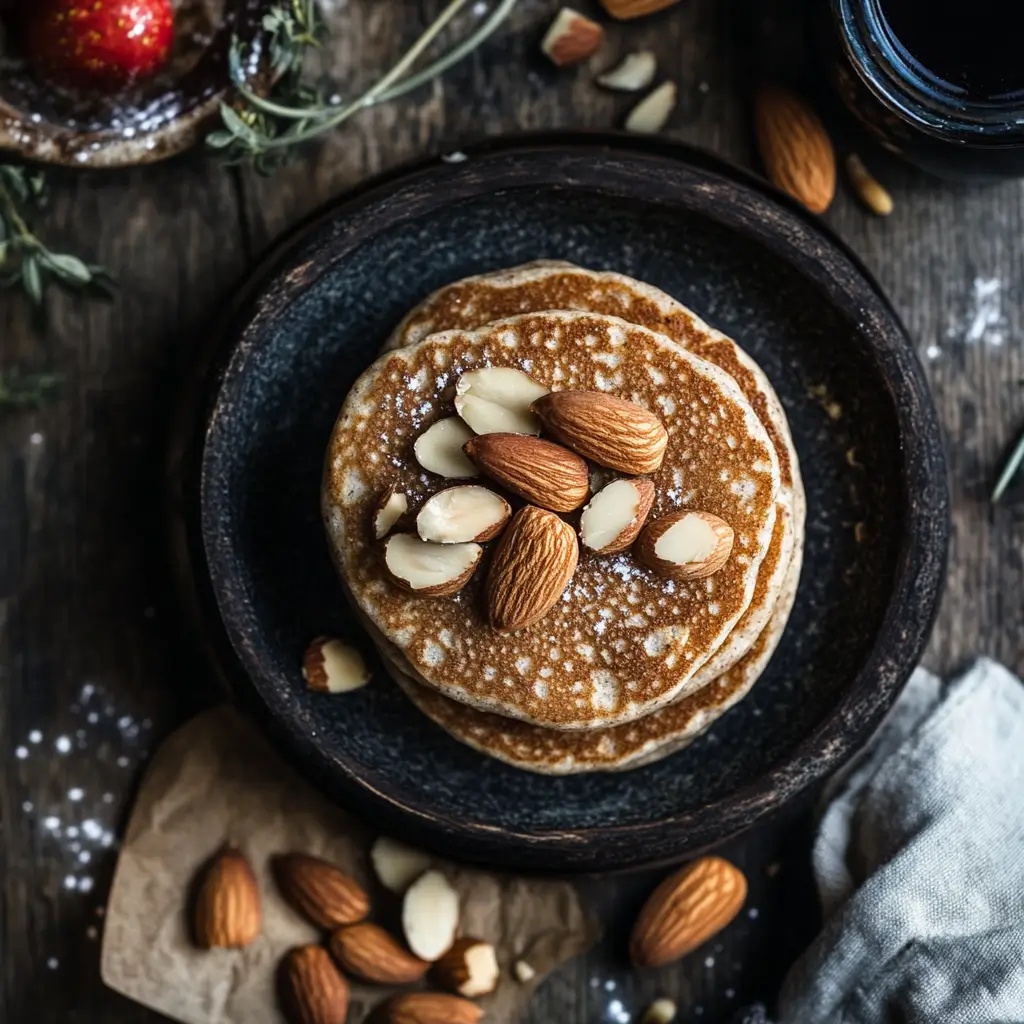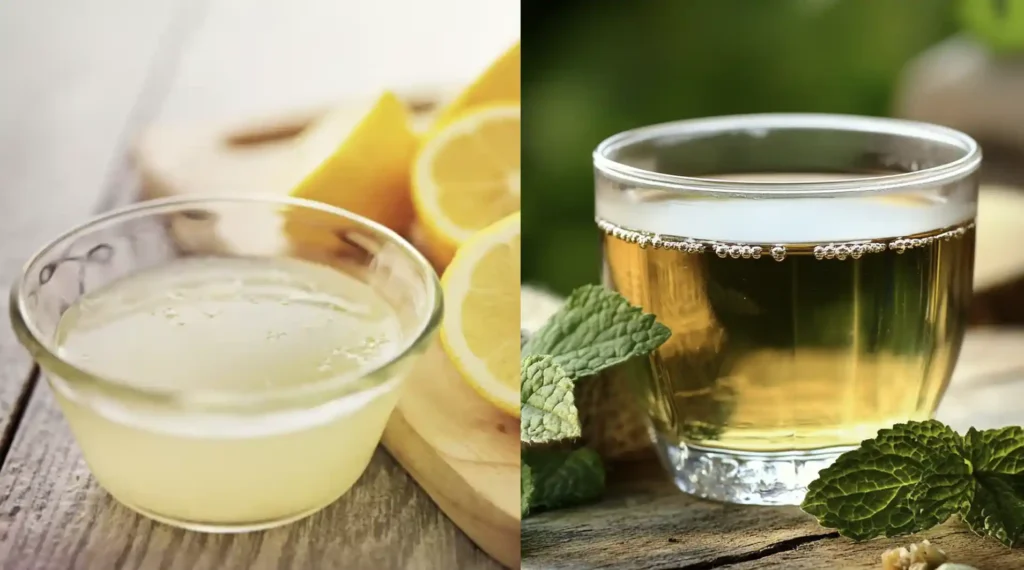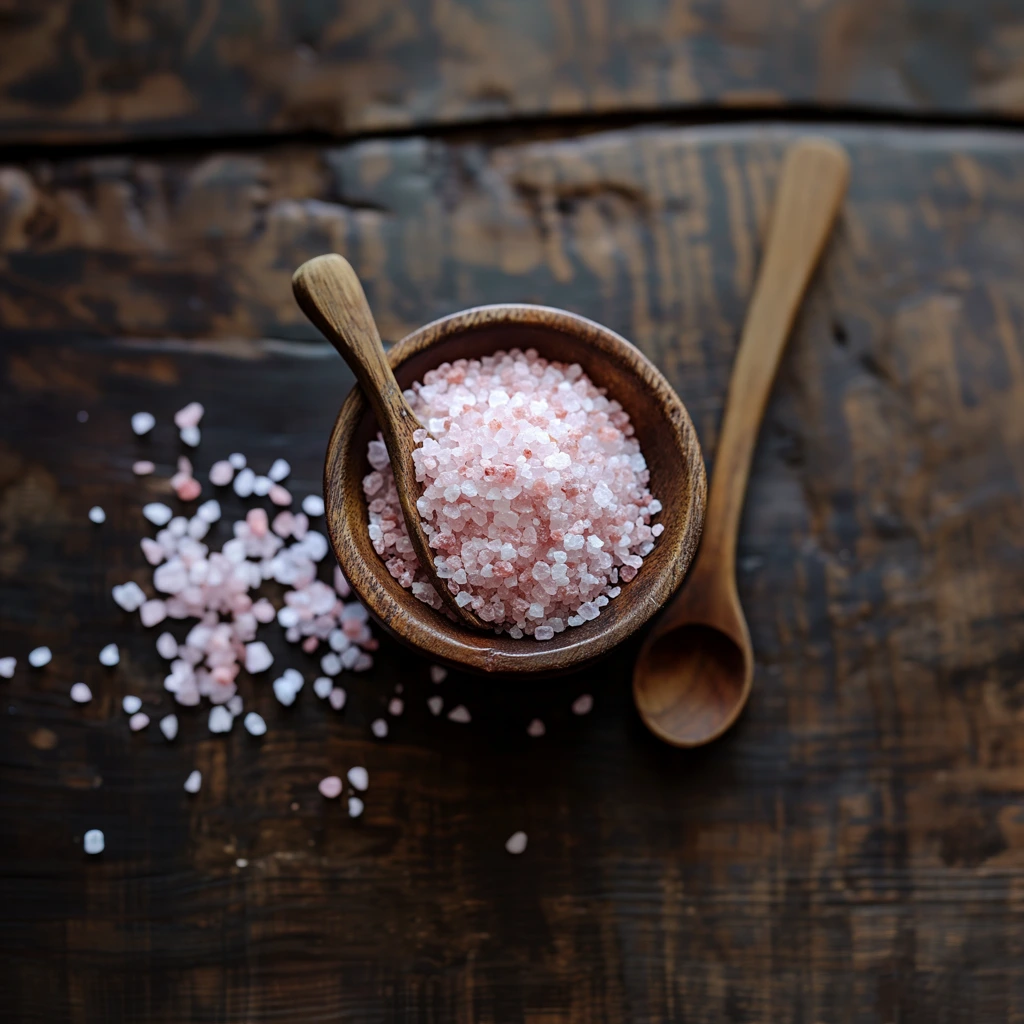
The Best Diet to Support Recovery from Monkeypox
Monkeypox is a viral illness that can cause a range of symptoms, including fever, headache, muscle aches, swollen lymph nodes, and a distinctive rash. While there is no specific diet that can cure monkeypox, maintaining a healthy and balanced diet can support your immune system, help manage symptoms, and promote recovery. Below, we’ll explore some dietary recommendations that may be beneficial if you have monkeypox.
1. Focus on Immune-Boosting Foods
Your immune system plays a crucial role in fighting off infections like monkeypox. Consuming foods rich in vitamins, minerals, and antioxidants can help strengthen your immune system.
- Vitamin C: Citrus fruits like oranges, lemons, and grapefruits, as well as strawberries, bell peppers, and broccoli, are excellent sources of vitamin C, which supports immune function.
- Vitamin A: Sweet potatoes, carrots, and dark leafy greens like spinach and kale are rich in vitamin A, which is essential for maintaining the health of your skin and mucous membranes.
- Zinc: This mineral is important for immune function and can be found in foods like meat, shellfish, legumes, seeds, and nuts.
2. Stay Hydrated
Hydration is key when dealing with any illness, including monkeypox. Fever and sweating can lead to fluid loss, so it’s important to drink plenty of water throughout the day. Other hydrating options include herbal teas, broths, and electrolyte-replenishing drinks.
3. Incorporate Anti-Inflammatory Foods
Inflammation is a common response to viral infections, and consuming anti-inflammatory foods can help reduce inflammation and promote healing.
- Omega-3 Fatty Acids: Found in fatty fish like salmon, sardines, and mackerel, as well as in flaxseeds, chia seeds, and walnuts, omega-3s have potent anti-inflammatory properties.
- Turmeric: This spice contains curcumin, a compound known for its anti-inflammatory effects. Try adding turmeric to soups, stews, or smoothies.
- Berries: Blueberries, strawberries, and other berries are rich in antioxidants that help combat inflammation.
4. Consume Protein-Rich Foods
Protein is essential for tissue repair and immune function. During recovery from monkeypox, ensure you’re getting enough protein from a variety of sources.
- Lean Meats: Chicken, turkey, and lean cuts of beef or pork provide high-quality protein.
- Plant-Based Proteins: Beans, lentils, tofu, and quinoa are excellent sources of protein, especially for those following a plant-based diet.
- Dairy: Yogurt, cheese, and milk offer protein along with probiotics, which can support gut health and, in turn, immune function.
5. Limit Sugary and Processed Foods
While it may be tempting to reach for comfort foods when you’re not feeling well, sugary and processed foods can contribute to inflammation and weaken your immune response. Instead, focus on whole foods that provide the nutrients your body needs to fight off the virus.
6. Consider Probiotics
Probiotics are beneficial bacteria that support gut health, which is closely linked to immune function. Fermented foods like yogurt, kefir, sauerkraut, kimchi, and miso can introduce probiotics into your diet. You can also consider a high-quality probiotic supplement if you’re not getting enough through food.
7. Herbal Remedies and Supplements
Certain herbs and supplements may support your immune system and overall well-being during recovery. However, it’s important to consult with a healthcare provider before starting any new supplement regimen.
- Elderberry: Known for its immune-boosting properties, elderberry can be taken in syrup, gummy, or tea form.
- Echinacea: This herb is often used to support immune health, especially during viral infections.
- Vitamin D: If you’re not getting enough sun exposure, a vitamin D supplement can support your immune system.
Final Thoughts
While no diet can cure monkeypox, following a nutritious and balanced diet can help your body fight the infection and recover more quickly. Focus on immune-boosting, anti-inflammatory, and protein-rich foods, stay hydrated, and limit processed foods. Remember to consult with a healthcare professional for personalized advice and treatment recommendations.
Taking care of your body through proper nutrition is a key part of supporting your recovery from monkeypox.





